Wine
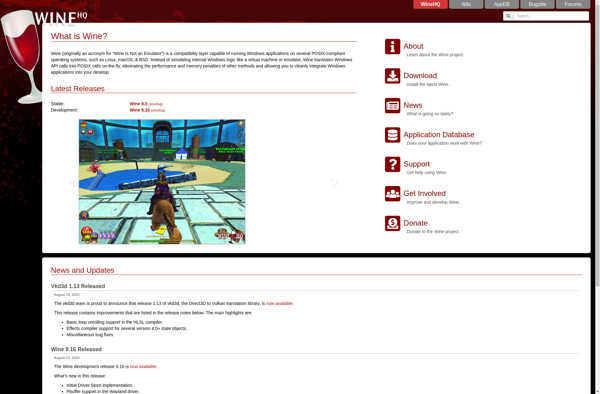
Wine: Run Windows Apps on Linux
A compatibility layer allowing Windows apps to run on Linux and other UNIX-like operating systems, eliminating the need for a separate Windows partition or virtual machine.
What is Wine?
Wine is an open source software application that aims to allow Unix-like operating systems, such as Linux, macOS, & BSD, to execute programs written for the Microsoft Windows architecture. Wine functions as a compatibility layer, providing alternative implementations of the Windows API that applications can call upon during execution.
Essentially, Wine acts as a translation layer between Windows applications and the POSIX compatible environment of Unix-like systems. When an application makes calls to Win32 DLLs, Wine intercepts these calls and translates them into POSIX system calls that Unix can understand without needing to run an actual Windows kernel. This allows the Unix/Linux system to handle Windows application execution seamlessly.
The advantage of Wine is that it avoids the need to reboot the machine into a Windows environment or incur the overhead of running a full Windows virtual machine. Applications running through Wine believe they are running directly on top of Windows, when in fact the calls are being mediated through POSIX. Under the hood, Wine recreates the Windows directory structure, registry system, and other low-level components to complete the illusion.
Wine supports running many major Windows applications like Microsoft Office, Photoshop, and various games. Performance and compatibility can vary, but in many cases it enables Unix administrators to avoid purchasing expensive Windows licenses. While it may not work perfectly for every Windows application, Wine remains a powerful tool for increasing interoperability.
Wine Features
Features
- Allows running Windows applications on Linux/Unix
- Implements Windows API on top of X11 and Unix
- Supports running Win16 and Win32 applications
- Supports running .exe and .msi installers
- Translates DirectX into OpenGL calls
- Supports emulating virtual drives to run applications requiring a CD-ROM
- Has built-in support for audio, networking, fonts, etc.
Pricing
- Open Source
Pros
Cons
Official Links
Reviews & Ratings
Login to ReviewThe Best Wine Alternatives
Top Os & Utilities and Compatibility Layer and other similar apps like Wine
Parallels Desktop

CrossOver
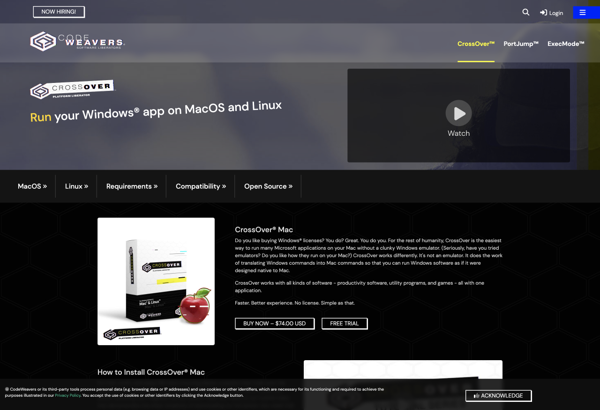
WineBottler

PlayOnLinux - PlayOnMac

Windows Subsystem for Android
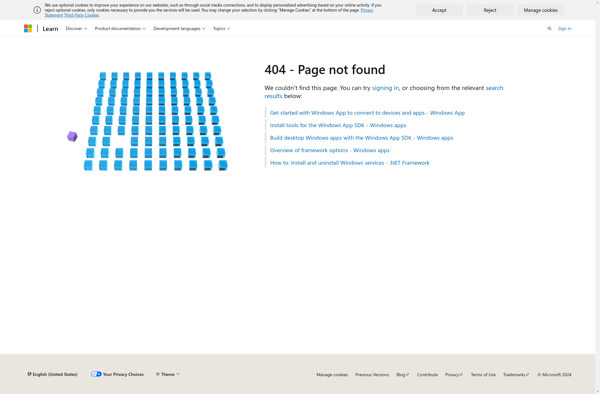
Windows Subsystem for Linux
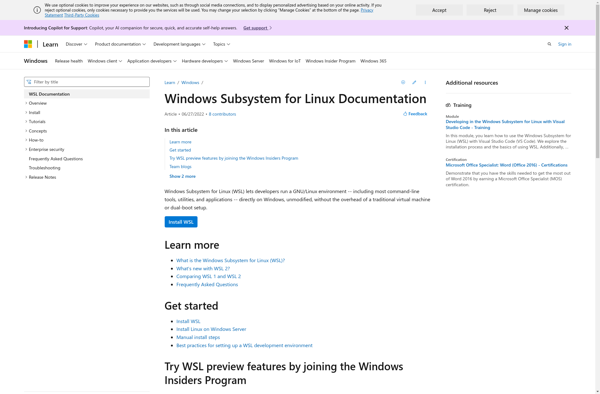
Whisky

Wineskin Winery
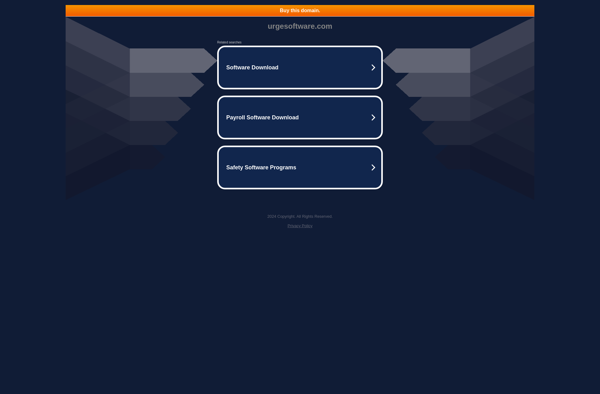
VMware Fusion

Bottles
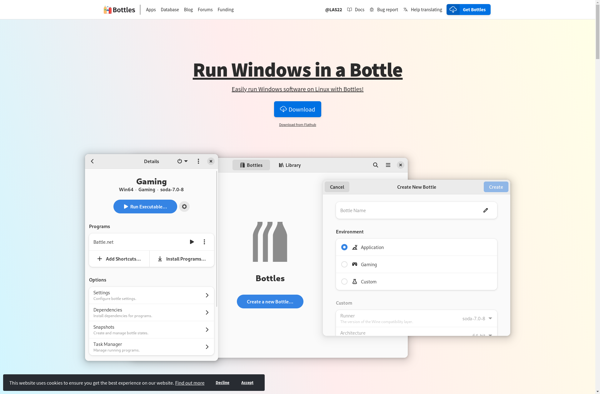
Vineyard

Turbo.net for Mac

Porting Kit
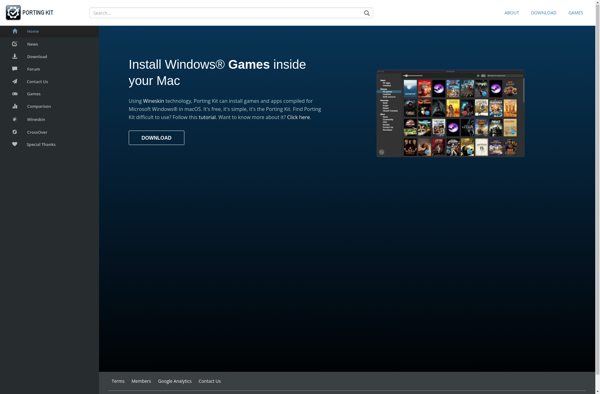
WinApps
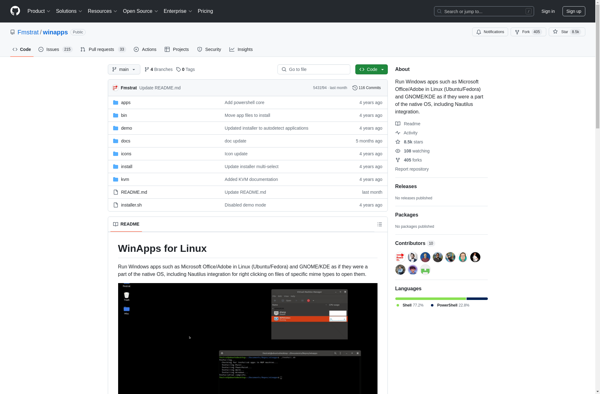
WineD3D

Q4wine
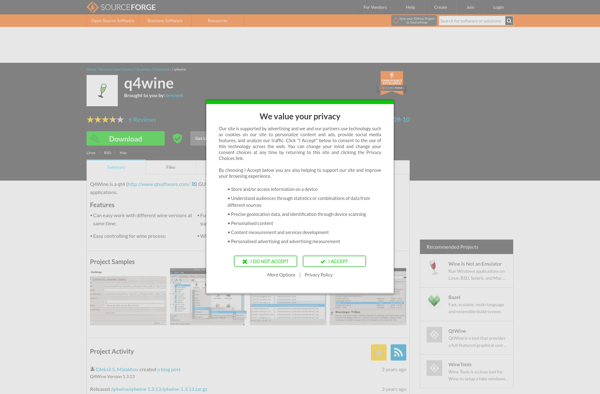
WineGUI
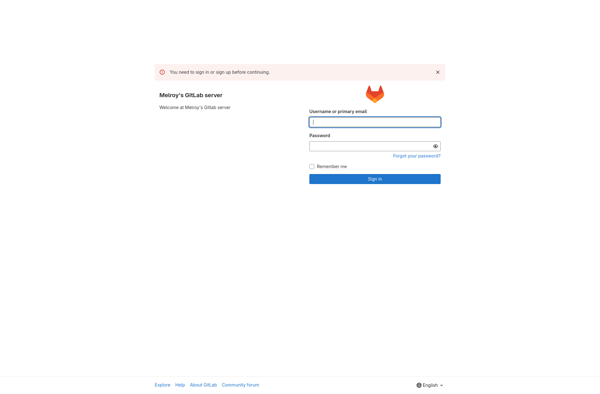
WinConn
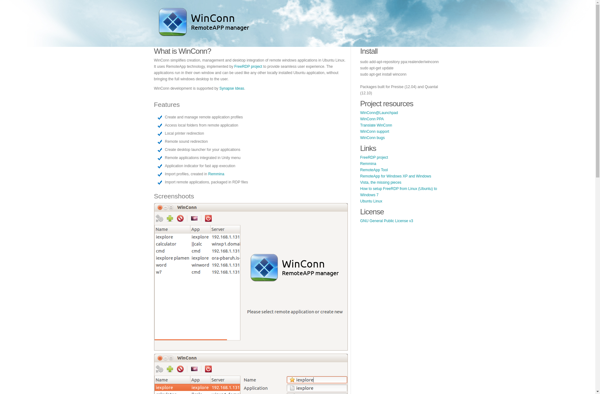
Darling
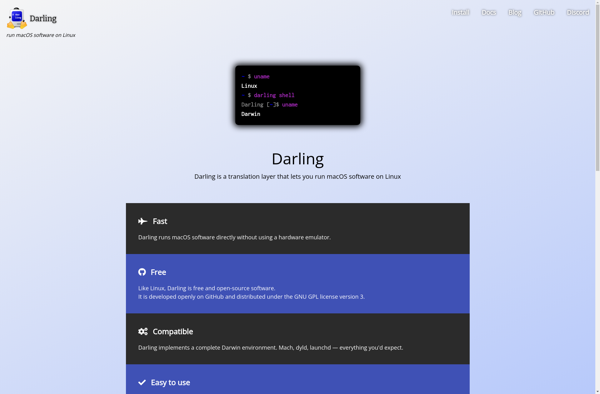
Darwine
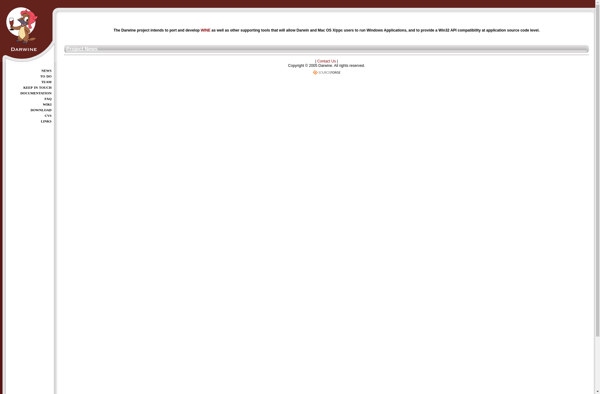
Cedega

Phoenicis
